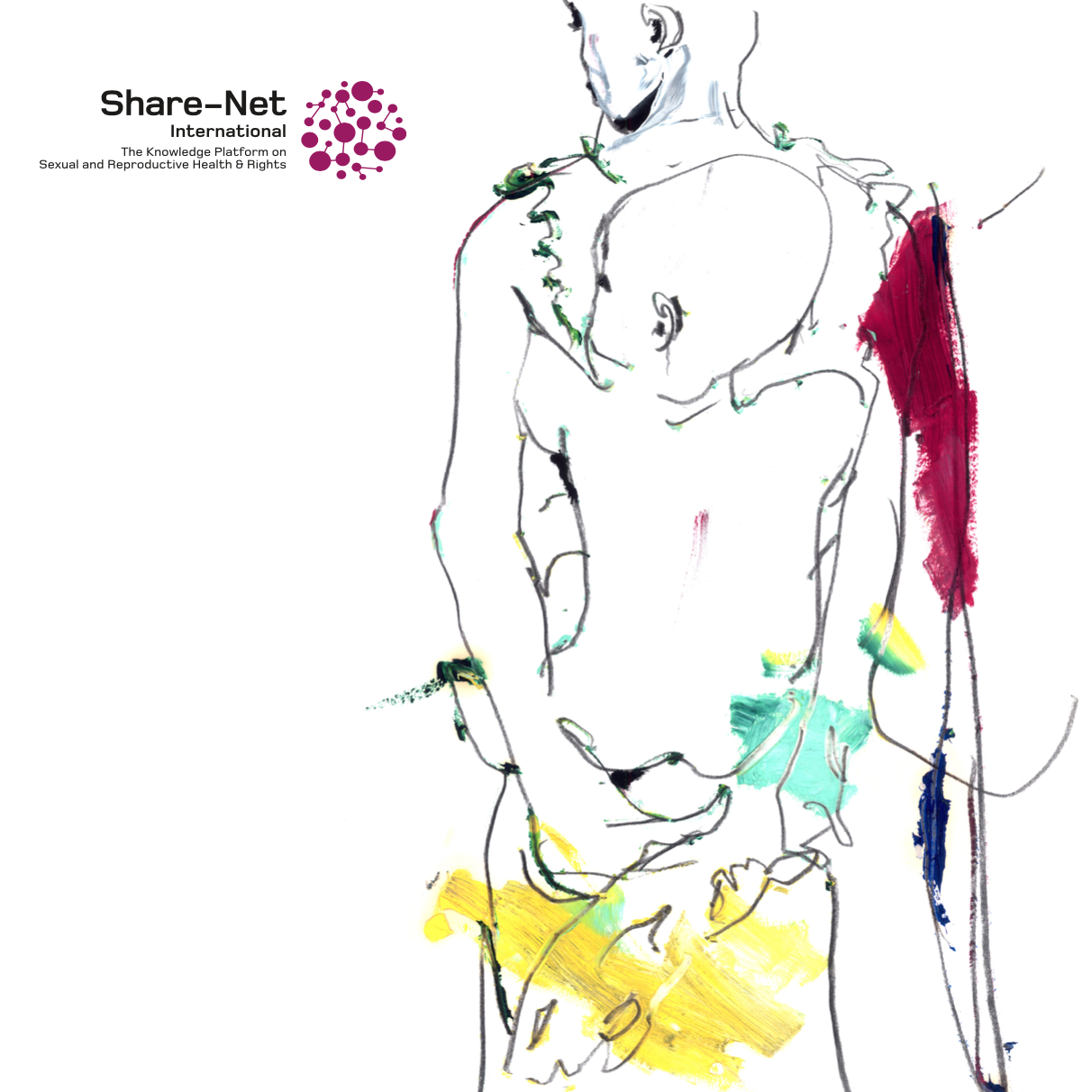Share-Net Policy Note: Covid-19, SRHR, and Gender Equality
Share-Net International present a Policy Note on Covid-19, SRHR, and Gender Equality, in response to the global Covid-19 Pandemic that arrived in 2020.
Authors: Shahana Siddiqui, Hadir Barbar, Charlotte van Tuijl, Maria Codina & Julia Ahmed
Policy Note Background:
On March 11, 2020, the World Health Organization (WHO) declared the world to be in a state of pandemic from the novel coronavirus- COVID-19. One-by-one, countries went into lockdowns with national and international transactions and travels coming to a sudden halt. The initial lockdown phases were marred with confusion and fear as global medical systems struggled to provide immediate healthcare responses with the backdrop of economic downturn and serious concerns about people’s livelihood options during the lockdown.
As international efforts went into responding to the pandemic, as early as April 2020, feminist academics for a special issue of the Lancet, UNFPA, MSI Reproductive Choices, Guttmacher Institute, and other leading international organisations brought out publications, forecasting the impact of the lockdowns and healthcare crisis on global sexual and reproductive health and rights (SRHR). It was predicted that due to the lockdown as well as the interference in the global supply chain, there would be an estimated 10% decline in access to SRHR services (Riley et.al., 2020). That meant that almost 49 million women globally would have an unmet need for contraceptives with the possibility of over 15 million unwanted/unplanned pregnancies (Ibid.). There were predictions of sharp spikes in the number of unsafe abortions and from the very instance of the global lockdowns, incidences of domestic violence were observed and recorded to rise with nowhere to go, limited to no services available.
One year into the pandemic, many of these predictions and trends, like a self-fulfilling prophecy, were unfortunately proven to be true. With ground level information coming up in various forms, impact reports are showing stark data on the millions of lives affected in the realm of SRHR due to COVID-19. In a WHO survey of 105 countries, 68% reported disruptions to family planning (FP) and contraceptive services (JSI April 2021). UNWomen and other relevant stakeholders are calling the sharp rise in incidences of violence during COVID-19 as the “shadow pandemic” (UNWomen 2021). General lack of access to SRHR and legal services, especially with field clinics and human rights operations coming to a standstill during the global and national lockdowns, women and vulnerable communities were further victimised, pushed into corners. The impacts of such trauma are still emerging and in many regions, still occurring.
As it is in the case of a natural disaster, during the COVID-19 crisis, the emphasis became on immediate relief and health response, undermining the importance of SRHR as an integral, intricate, intimate part of people’s lives. SRHR issues and concerns are often viewed as “additional” rights and needs that can be addressed at a later stage in the crisis management process.
The Small Grant Initiative at Share-Net International created an opportunity for ground level activists, researchers, health practitioners, NGO officers to collect data from a wide range of communities across 3 continents and 7 countries (Figure 1), demonstrating the need for bringing SRHR issues to the forefront during the pandemic. From Iran to Bangladesh, Kenya, Egypt to the Netherlands, these small grants allowed the research teams to gather tangible data that show the supply chain disruptions, the impacts of national policies, the shifts in resources that impacted various communities globally. In many instances, these small action research projects shed light on a “shadow” endemic to the coronavirus pandemic whereby SRHR needs and rights are undermined, pushing especially women, young girls, and various vulnerable communities into further socio-economic and health insecurities.
Policy Brief
This policy paper aims to bring forward stories and experiences of the ground realities of communities as they tried to survive through the pandemic while at the same time struggling with accessing fundamental SRHR needs. There are strong public health warnings that with COVID-19 surges happening in different parts of the world, the socio- economic and health impacts of the pandemic will be that in the long term. The Bill and Melinda Gates Foundation reported that while the crisis may be now, the “aftershocks” of COVID-19, especially in the SRHR sector, will be felt for several years to come (2021).
In the light of the surfacing of these tangible data and stories, at the one year mark of the pandemic, pressing questions have appeared as to how the global community will respond and rebuild from the COVID-19 disaster? How will national governments and global actors address the critical needs of SRHR service as part of COVID-19 relief and rebuilding efforts? In the discussions around “building back”, the structural inequalities that have appeared during these covid times, point towards the need to “build back better”. This policy paper therefore is an urgent appeal to all national and global stakeholders responding to the current state of pandemic to include SRHR at the core of crisis response and recovery.
You can read the full Policy Brief here.
